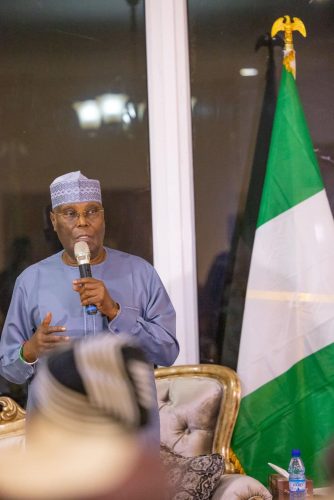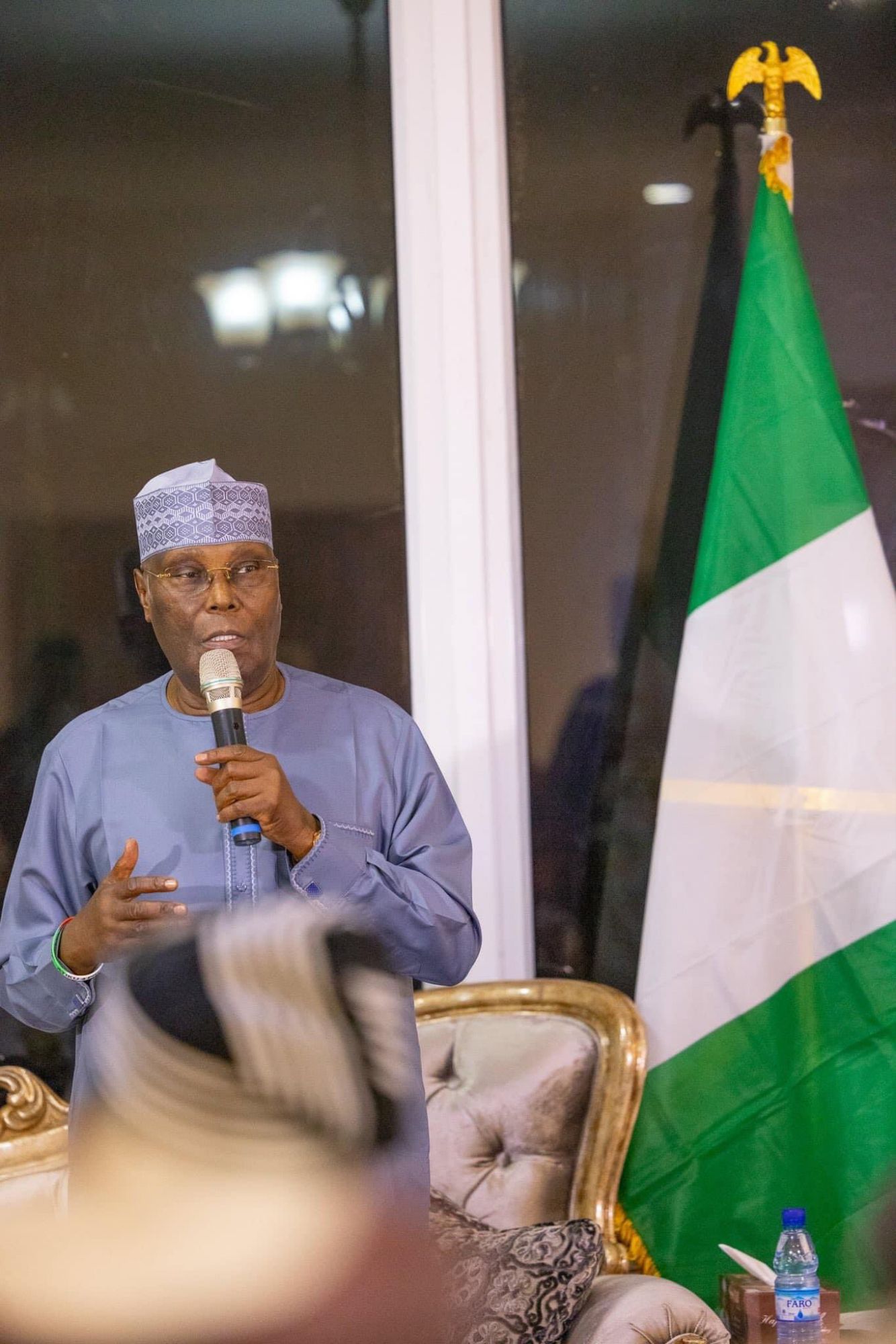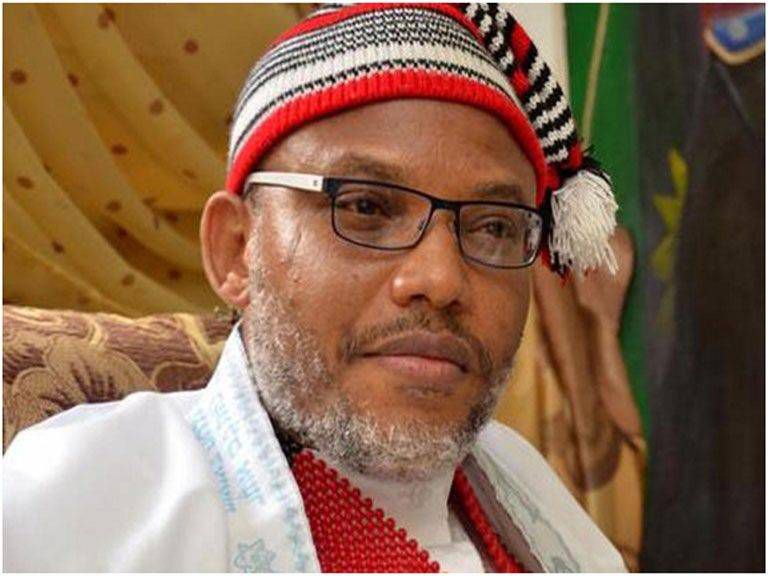Atiku Abubakar, the presidential candidate of the Peoples Democratic Party, PDP, has stated that if the government led by President Bola Ahmed Tinubu does not open itself to sound counsel and control the internal bleeding that is occasioned by corruption, then the economy of the nation cannot find it’s footing.
“I firmly believe that if and when the Government is ready to open itself to sound counsels, as well as control internal bleedings occasioned by corruption and poorly negotiated foreign loans, the Nigerian economy would begin to find a footing again.”
Citing his 2023 campaign promises, the former Vice President said the wrong policies of President Tinubu are pushing the country into a ditch and the people into a more severe world of pain and untold hardship.
Mr Abubakar maintained that the President has failed to show any concrete steps his administration is taking to cushion the effect of the poverty which stares at Nigerians daily.
“At a meeting called at his instance on Thursday to address the Foreign Exchange crisis and the problem of economic downturn, among others, Bola Tinubu failed, yet again, to showcase any concrete policy steps that his administration is taking to contain the crises of currency fluctuation and poverty that face the country.
Rather, he told the country and experts who have been offering ideas on how to resolve the crisis that he and his team should not be distracted and allowed time to continue cooking their cocktail that has brought untold hardship to the people of Nigeria.
I don’t agree with that.
The wrong policies of the Tinubu administration continue to cause untold pain and distress on the economy and the rest of us cannot keep quiet when, clearly, the government has demonstrated sufficient poverty of ideas to redeem the situation.”
If the government will not hold on to their usual hubris, there are ways that the country can walk out of the current crisis.”

He also made it clear that the inability of the Central Bank of Nigeria to remain independent to implement a sound FX Management Policy that would have managed and controlled FX backlogs, regulating demand, contributed to the instability of the Nigerian economy.
“After a careful assessment of the state of our economy at the twilights of the last administration, I knew full well that the economy of the country was heading for the ditch and came up with several policy prescriptions that would rescue the country from getting into the mess that we are currently in.
“Those ideas, encapsulated in my policy document titled: My Covenant With Nigerians made the following prescriptions:
“1. I had signed on to a commitment to reform the operation of the foreign exchange market. Specifically, there was a commitment to eliminate multiple exchange rate windows. The system only served to enrich opportunists, rent-seekers, middlemen, arbitrageurs, and fraudsters.
2. A fixed exchange rate system would be out of the question. First, it would not be in line with our philosophy of running an open, private sector-friendly economy. Secondly, operating a successful fixed-exchange rate system would require sufficient FX reserves to defend the domestic currency at all times. But as is well known, Nigeria’s major challenge is the persistent FX illiquidity occasioned by limited foreign exchange inflows to the country. Without sufficient FX reserves, confidence in the Nigerian economy will remain low, and Naira will remain under pressure. The economy will have no firepower to support its currency. Besides, a fixed exchange rate system is akin to running a subsidy regime!
3. On the other hand, given Nigeria’s underlying economic conditions, adopting a floating exchange rate system would be an overkill. We would have encouraged the Central Bank of Nigeria to adopt a gradualist approach to FX management. A managed-floating system would have been a preferred option. In simple terms, in such a system, the Naira may fluctuate daily, but the CBN will step in to control and stabilize its value. Such control will be exercised judiciously and responsibly, especially to curve speculative activities.
4. Why control, you may ask.
(i). Nigeria has insufficient, unstable, and precarious foreign reserves to support a free-floating rate regime. Nigeria’s reserves did not have enough foreign exchange that can be sold freely at fair market prices during crises.
(ii). Nigeria is not earning enough US$ from its sales of crude oil because its production of oil has been declining. And,
(iii). Nigeria is not attracting foreign investment in appreciable quantities.
These are enough reasons for Nigeria to seek to have greater control of the market, at least in the short to medium term when convergence is expected to be achieved.
Tinubu’s new policy FX management policy was hurriedly put together without proper plans and consultations with stakeholders. The government failed to anticipate or downplay the potential and real negative consequences of its actions. The Government did not allow the CBN the independence to design and implement a sound FX Management Policy that would have dealt with such issues as increasing liquidity, curtailing/regulating demand, dealing with FX backlogs, and rate convergence. -AA




